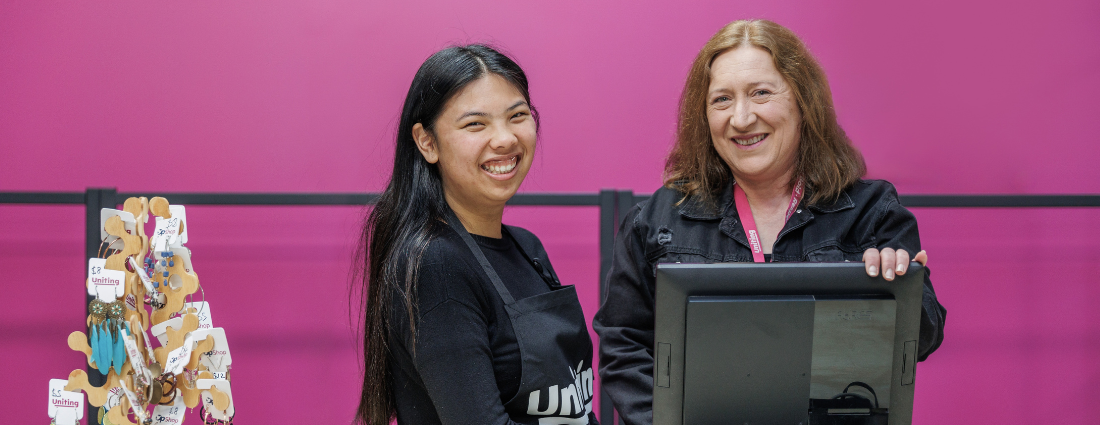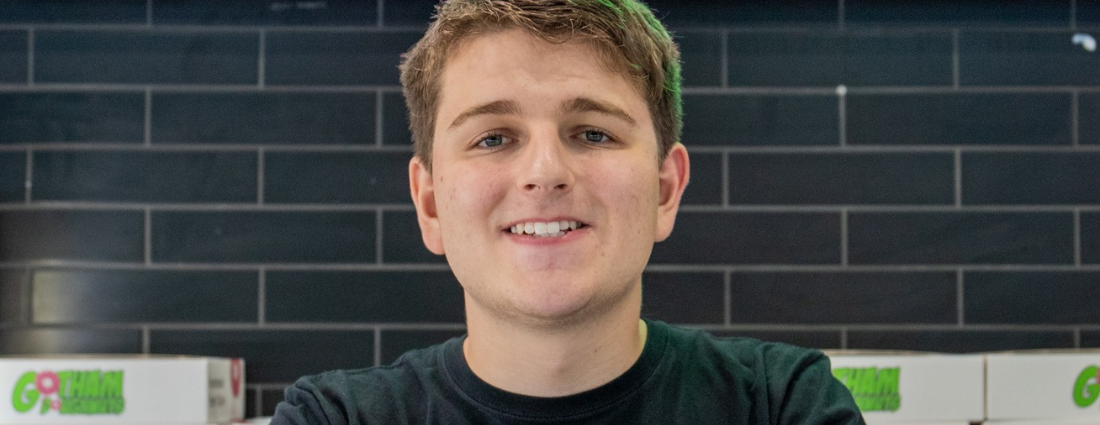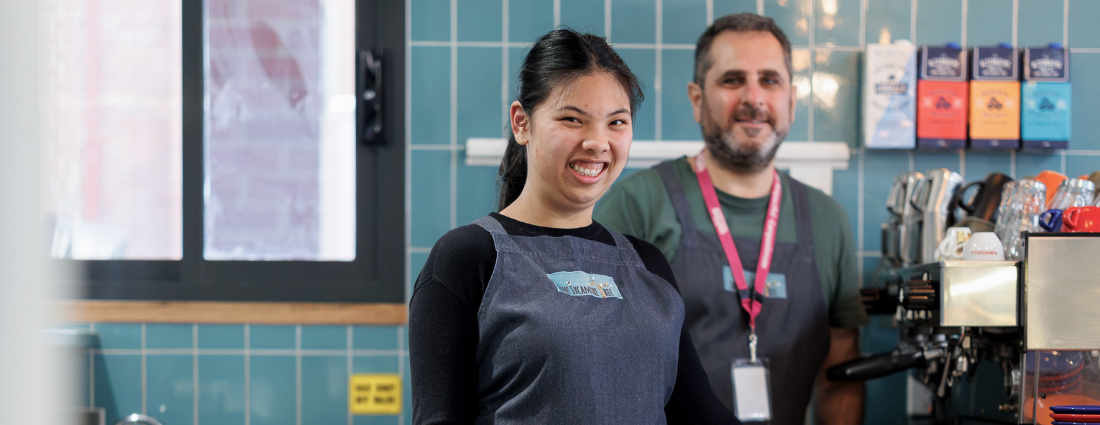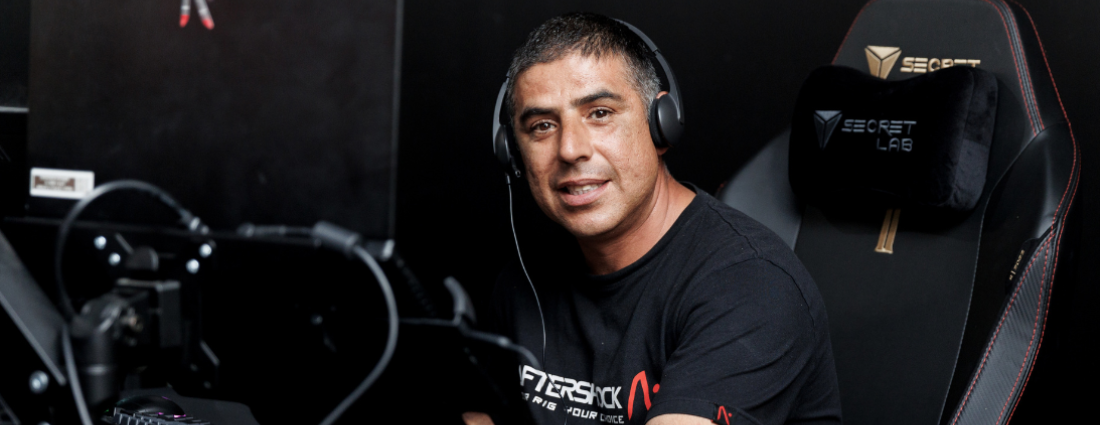Youth Employment Support.
Our Pathways 2 Employment program supports young people living with a disability to build confidence, explore their goals, and plan for a bright future.
Play video
Employment pathways
Pathways 2 Employment.
Navigate the path into work with Uniting’s Pathways 2 Employment program.
We help each young person create an action plan that includes training, work and life skills focused on getting a job and reaching their life goals.
Our Pathways 2 Employment Program is with you every step of the way.
Whatever stage of the employment journey you’re at, we can help:
- If you have an NDIS plan with "School Leaver Employment Supports (SLES)", "finding and keeping a job" or "supports in employment"
- Or if you would like help to access the NDIS or a plan review to include SLES
And
- You are a young person aged 15 -25 years old. You may be in your final year of school, about to start your final year of school or have already completed or left school.
How do I enrol?

Young people (aged 15 - 25 years old) with an NDIS plan can access School Leaver Employment Supports.
Contact Uniting by filling out our contact form, calling 1300 090 989, or emailing us. We’ll take your details and connect you with a Pathways 2 Employment program running in your area.
You’ll meet with one of our Community Relations team, who will support you through the registration process.
You’ll start SLES on the next available date. There is availability throughout the year.
Supports include:
- Accredited training such as Certificate 1 in Transition and Work Education or Food Handling
- Industry visits
- Building communications skills and confidence
- Drivers Education to get a learners permit
- Travel independence training
- Interview practice
- Writing resumes and applications
- Money handling and financial management
- Health and safety.
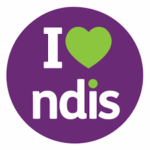
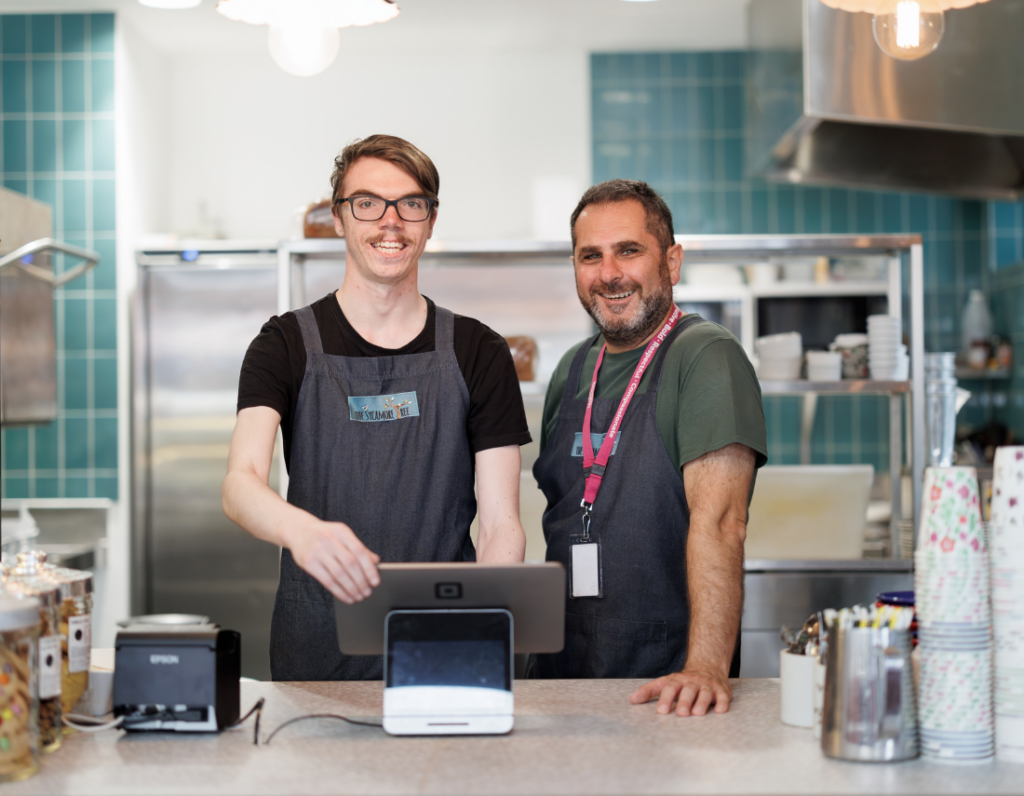
Success stories
A green thumbs-up: Lachlan finds his calling outdoors.
“ “The big shift for him was starting hands on activities in work placement where he really shone and had the opportunity to show what he could do."
Success stories
Rising above: Athas proves his disability is not a barrier.
“ "Witnessing Athas happily participate in his work placement each week means the world to us. He loves working at Gotham Doughnuts...and has already gained so many valuable workplace skills”
Success stories
Uniting program helps young people living with disabilities ace their 2024 Australian Open jobs.
“ I feel so good about working in the retail space. It's really busy and my shift goes quickly, but I’m enjoying learning to use Point of Sale.
Success stories
Young Victorians are getting help to reach their career goals.
“ “I’ve learned a lot about work safety and my rights in the workplace. I’ve really enjoyed Pathways 2 Employment."
Success stories
Navigating Neurodiversity in the Workplace: Overcoming Bias for a More Inclusive Environment.
Success stories
Uniting Op Shops – where young people thrive.
“ “It’s amazing to see [the SLES participants] develop a belief in themselves."
Sign up to our newsletter
Our email newsletters keep you updated with the latest news, events and stories from Uniting.
We will add you to the mailing lists for services and activity that interests you.
